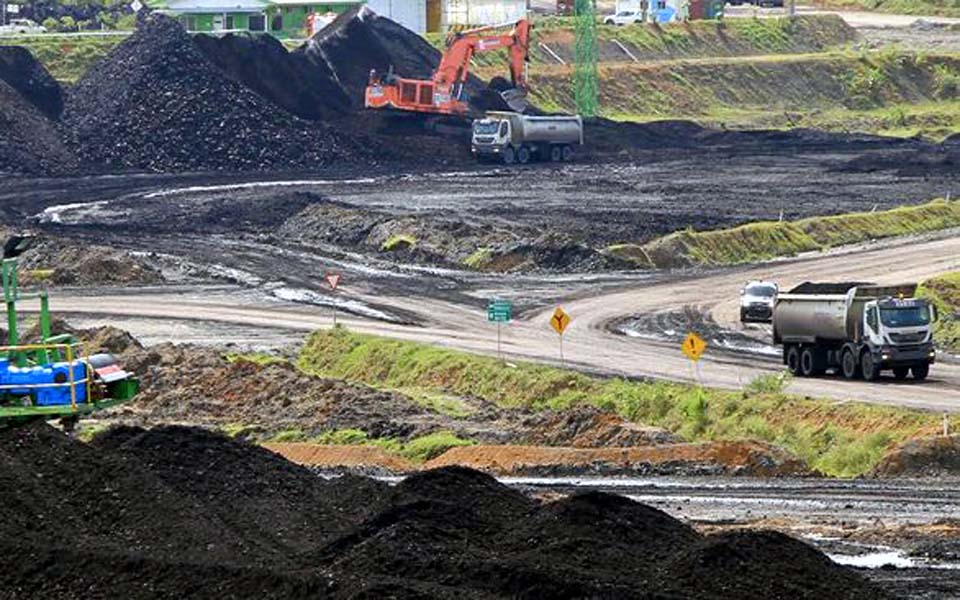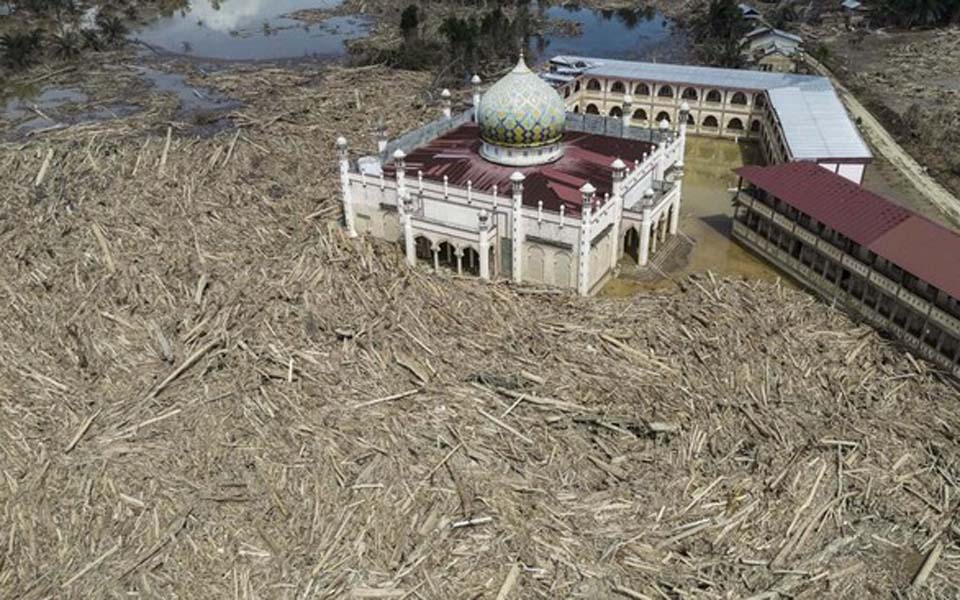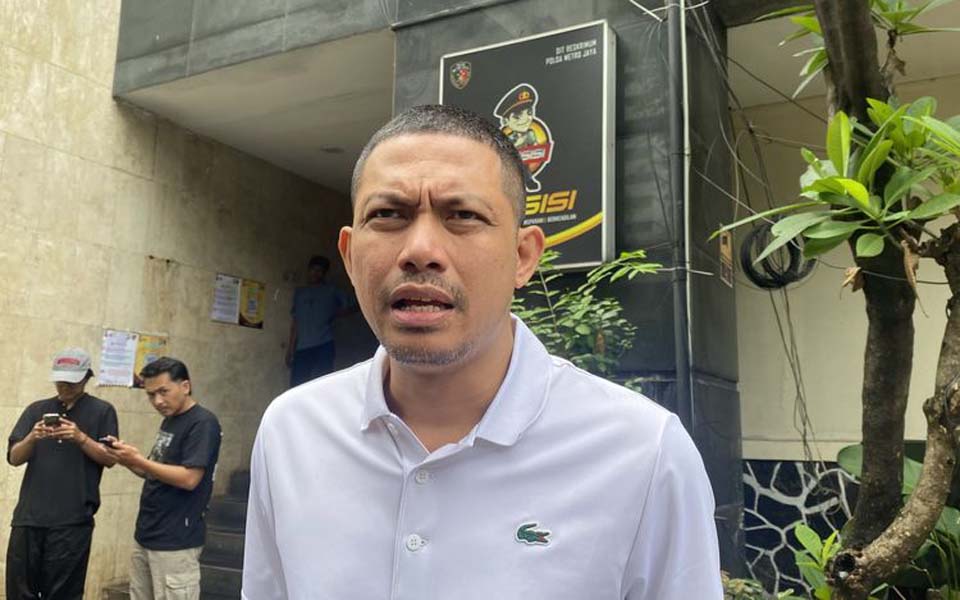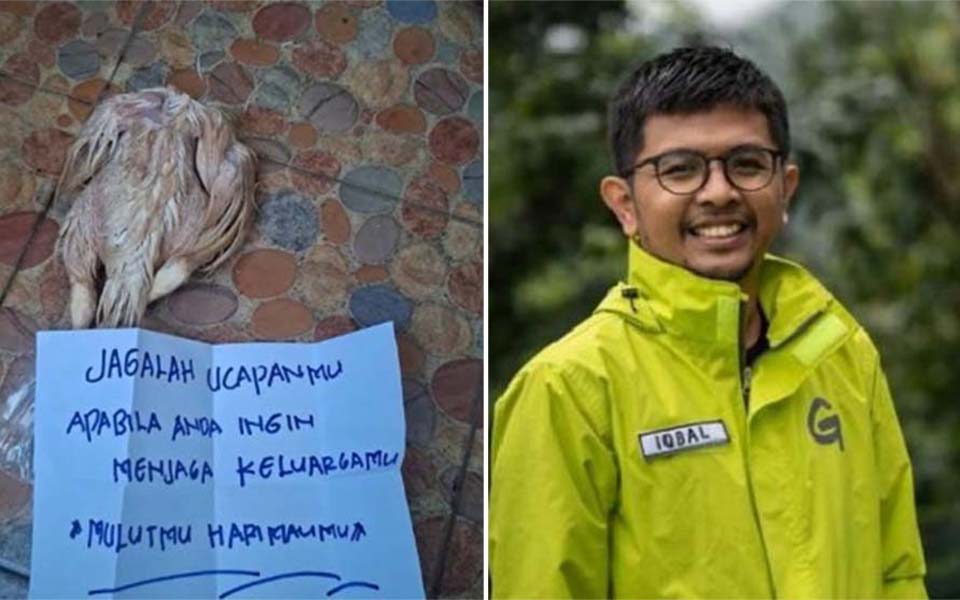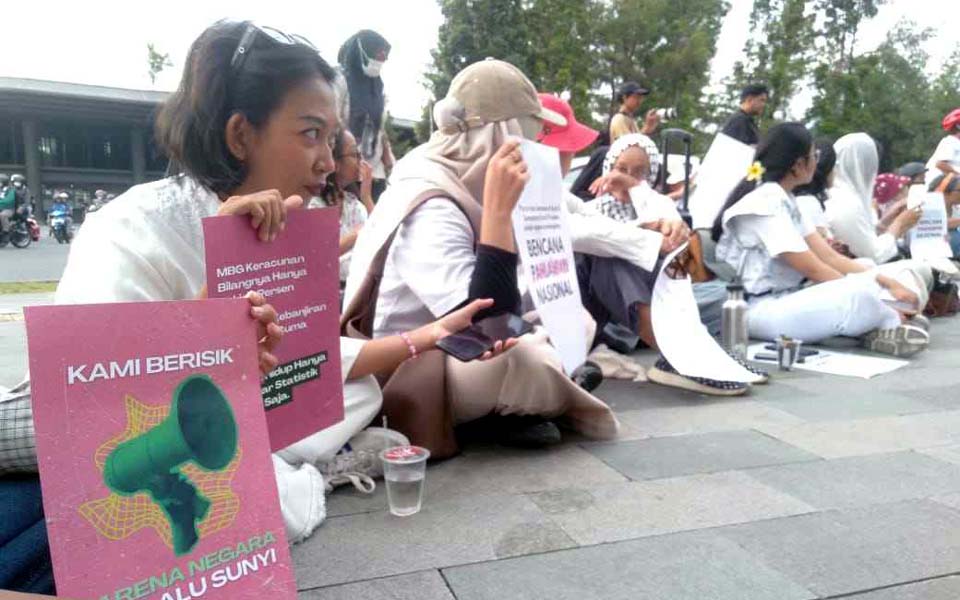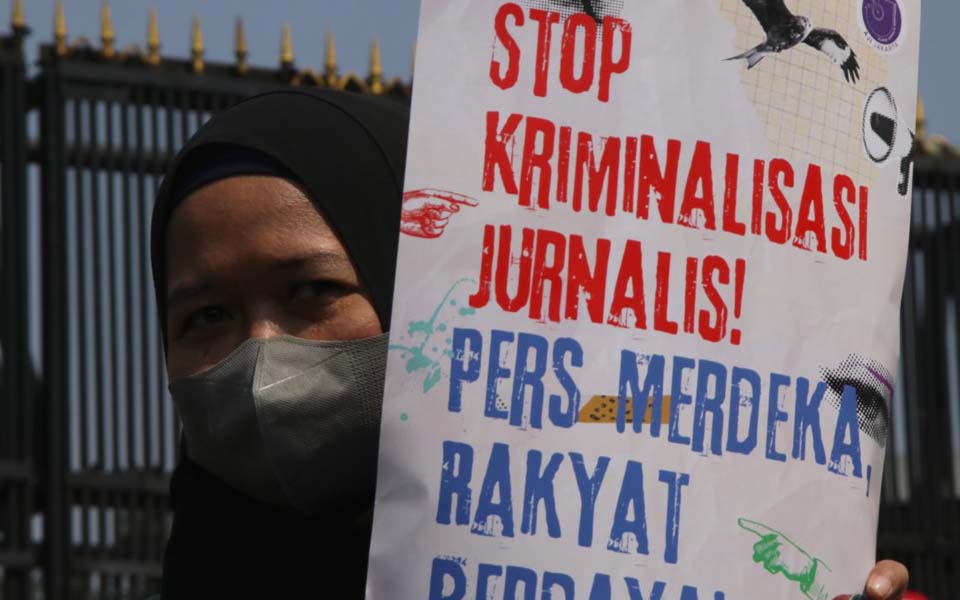Jakarta – The environmental non-government organisation (NGO) Trend Asia has criticised the government's decision to remove coal ash from the category of hazardous and toxic wastes (B3). According to the group, the move will only benefit business and elite groups.
Trend Asia research and campaign officer Andi Prasetyo believes that it is reasonable for the public to suspect that the government has done this in the interests of business.
"FABA [fly ash and bottom ash] have been removed from the B3, those who will benefit from this are the elite and the coal oligarchy. It's reasonable for us to suspect that there's a link between the wealthy elite and the coal oligarchy who are players in upstream development and downstream energy generation", said Prasetyo during a virtual discussion on Friday March 12.
"The profits will be taken by the elite but the harm to environmental health will be borne by the public", he added.
Prasetyo said that the waste resulting from the burning of coal in the form of fly ash and bottom ash has been proven to be dangerous to the environment and he strongly disagrees with the government's move.
Prasetyo also addressed the issue of the use of coal power which is not environmentally friendly and is starting to be replaced by renewal power sources. He suspects the move is linked to this.
"So the correlation is that they are trying to reap double profits, even though the trend in the development of global energy is already tending towards abandoning dirty energy of this kind", said Prasetyo.
Prasetyo also said that the coal industry's claim that coal is a cheap energy source is an illusion. This illusion is because there is never any reclamation of mining sites or efforts at environmental conservation after mining pits [are abandoned] which are the company's legal responsibility.
"In terms of process this signals a bleak future for our transition to clean renewable energy", said Prasetyo.
"Because in this way we won't make the choice of clean energy as the main choice because we're being made to continue to be dependent on coal which is seen as cheap when in fact this is an illusion", he added.
Earlier, the government issued Government Regulation Number 22/2021 on the Implementation and Management of Environmental Protection, which is a derivative regulation of the Omnibus Law on Job Creation.
Prior to this, according to Government Regulation Number 101/2014, fly ash and bottom ash were categorised as B3 waste. (mln/bmw)
Notes
According to a separate article by Tempo on March 12, the new regulation was issued at the request of 16 business groups from the Indonesian Employers Association (Apindo). Despite containing heavy metals such as mercury, lead and arsenic, the industry is looking to use the ash as raw material for construction materials. "Because based on the results of tests, FABA is not B3 waste", Apindo chairman Haryadi B. Sukamdani was quoted as saying by Tempo. According to a report in Kompas on the same day, in addition to removing FABA from the list of B3 wastes, the government also removed solid palm oil waste or spent bleaching earth (SBE) from the B3 category.
[Translated by James Balowski. The original title of the article was "Penghapusan Limbah Batu Bara Dinilai Hanya Untungkan Elite".]





